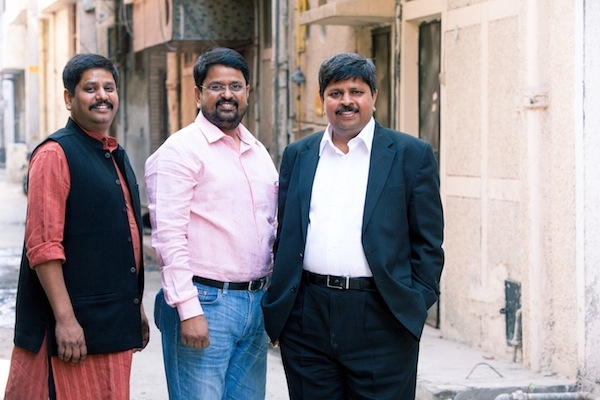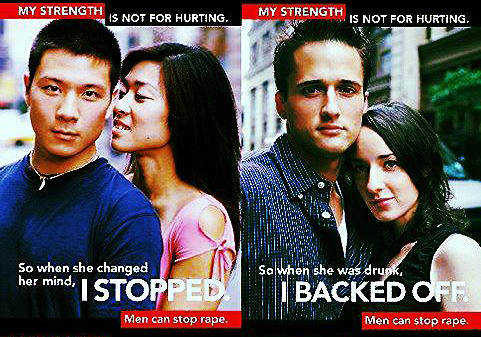How Different is The Brave Version of Yourself from Reality?
May 17th, 2013 at 5:35 pm (Uncategorized)
A few days ago, an article was published in the New York Times entitled, “I Was Groped on the Subway.” My mind immediately flashed back to this past January, to Delhi and a country where sexual harassment is so prevalent that there are ‘women only’ train cars in their railways. My assistant, Sajji, and I accidentally boarded a train car inhabited overwhelmingly by men. For the next 30 minutes, our time was occupied, at best, by hypervigilance, awkwardness and outrage. So while I was reading the NYT article, it was deja vu, except that the NYT writer was telling a story that happened right here in the good ol’ U. S. of A.
I invite you to read the whole article here: http://opinionator.blogs.nytimes.com/2013/05/13/i-was-groped-on-the-subway/ but thought the writer made several great points:
Point 1. How we think we would act can often be very different from what we do in reality. My takeaway (and one also made in the article): Practice what you would do before it happens. Ask your husband or boyfriend or even some girlfriends to role play a subway/train groping scenario and work through what you would actually do. When training self defense to girls in India, this is what I do to teach them. After you’ve taught yourself, spread the knowledge: bring this up to your daughter, your mother, your sister, your niece, and help them work through the scenario(s).
Point 2. Every situation is different. Consider how your personal response to harassment such as groping might substantially differ depending on the situation, and take that into account as you take control of your personal self defense. For example, when surrounded by people you know, are you more likely to speak up and out, taking courage in the presence of supporters? How might you respond when you find yourself in the same situation but alone or surrounded by strangers? Your personal self defense is your responsibility – don’t wait until a situation happens before considering: a) what could happen; b) how you would respond; and, c) what you would be prepared to do.
Point 3. Groping is predatory behavior. Creeps who grope utilize the same techniques as creeps who prey on children: there is an element of surprise, an element of manipulating the situation so that the intended victim is rendered unable to move, and the ever popular Plausible Deniability (“I didn’t do that – you imagined it,” “it was an accident,” blah blah blah). Lucky for the article’s writer, there were police officers witnessing the incident. I say lucky because, as we women know, when a crime like this happens, and there is no physical evidence and it is just our word against someone else’s, guess what? So, take a minute to really consider this. My takeaway: Women, stand up for yourselves and be prepared to make a stink and discourage this behavior. Men, if you see this being done, man up, step in, and let it be known you don’t like this, either.

